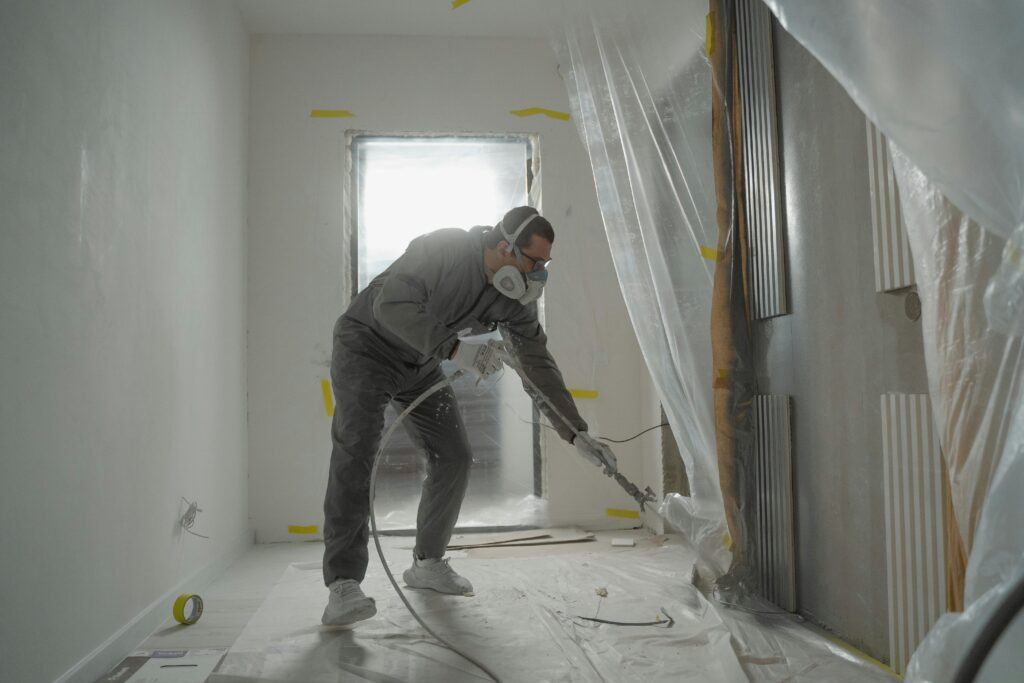Understanding Mold: Types and Symptoms
Mold can take on various forms, each presenting unique symptoms and health risks. Common types of household mold include black mold, Aspergillus, and Penicillium, each thriving in damp environments and potentially leading to serious health issues.
Recognizing the symptoms of mold exposure is crucial for early intervention. Symptoms may include respiratory issues, skin irritation, and allergic reactions. For instance, individuals with asthma may experience exacerbated symptoms when exposed to mold, highlighting the importance of addressing mold problems promptly.
Health Risks Associated with Mold Exposure
The health risks posed by mold exposure can be severe, particularly for vulnerable populations such as children, the elderly, and those with pre-existing health conditions. Long-term exposure can lead to chronic respiratory diseases and other serious health complications.
Studies have shown that mold exposure can contribute to the development of asthma and other respiratory issues. For example, a report from the CDC indicates that mold can trigger allergic reactions and respiratory infections, emphasizing the need for effective mold remediation strategies in homes.
Effective Mold Remediation Strategies
To effectively address mold issues, it is essential to implement comprehensive remediation strategies. This includes identifying and eliminating the source of moisture, which is critical to preventing mold growth in the first place.
Professional mold remediation services, like those offered by 24 Hour Flood Fighters, utilize advanced techniques and equipment to ensure thorough removal of mold and restoration of a safe living environment. This may involve air filtration, surface cleaning, and repairs to prevent future infestations.
Preventing Mold Growth in Your Home
Preventing mold growth is key to maintaining a healthy home environment. Simple measures, such as controlling humidity levels, ensuring proper ventilation, and promptly addressing leaks, can significantly reduce the risk of mold development.
Regular inspections of areas prone to moisture, such as bathrooms and basements, can help catch mold issues before they escalate. Homeowners should also consider using dehumidifiers and ensuring that gutters and downspouts are functioning properly to direct water away from the foundation.

